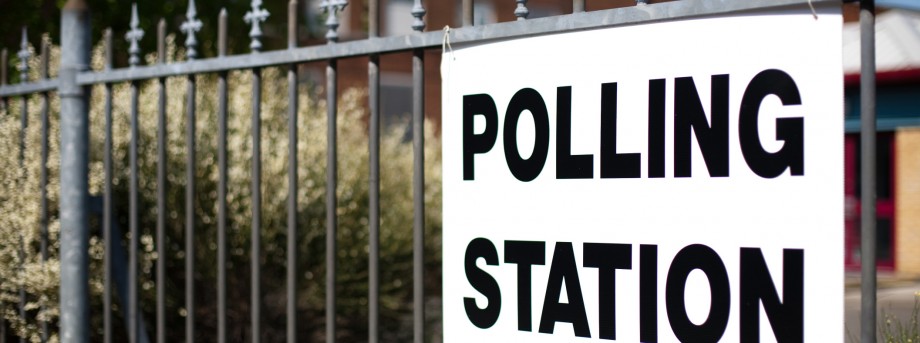The University of Nottingham
 Exchange online
Exchange online
Research Exchange
University consortium plays host to British Election Study

The University of Nottingham has joined forces with the Universities of Manchester and Oxford to form a consortium which will study long-term political change in British politics.
The Economic and Social Research Council has announced that the consortium will host the 2015 British Election Study (BES), which will be led by a scientific team including Professor Cees van der Eijk from The University of Nottingham, Professor Ed Fieldhouse, Dr Jane Green, Professor Hermann Schmitt, all from The University of Manchester and Professor Geoff Evans, from Nuffield College, Oxford.
The BES has taken place at every general election since 1964, covering a sequence of 13 general elections and gathering data over a period of more than 45 years. This makes it one of the longest running election studies world-wide. Previous studies have received high public and academic recognition and have made a major contribution to the understanding of political attitudes and behaviour over 50 years.
Nottingham’s Professor Cees van der Eijk said: “Our design for the BES will link the study to other studies, within the UK and in other countries. That provides a larger scientific return on the investment, and a more considered perspective on British electoral politics. This is a great opportunity for innovation in electoral studies, and we are very happy to contribute to it.”
The 2015 study will help to chart long-term political change, national and sub-national variations and comparisons of the Britain with other modern democracies.
Nottingham’s Dr Mathew Humphrey, Head of the School of Politics and International Relations said that “The ESRC’s decision to choose the Manchester-Oxford-Nottingham consortium to lead the BES underlines the world-class expertise in this field at The University of Nottingham. The British Election Study will be an important boost for the study of politics at Nottingham, and will offer many exciting opportunities to our staff and students”.
The study will include:
· A high quality address-based random probability sample survey conducted via face-to-face interviews for maximum representativeness, geographic variation and long-run comparability.
· An inter-election internet panel across four annual waves, including pre- and post-general election waves and a Scottish referendum wave.
· A daily rolling thunder campaign study of voters, to allow analysis of shorter term campaign effects to provide important contextual information on the campaign.
· A ‘Comparative Study of Electoral Systems’ module in the post-election survey to enable all-important international comparison.
The team are also partnering with the Electoral Commission and the Hansard Society to improve the public understanding of representation, engagement, and voter registration.
As well as the scientific leadership team the 2015 study will draw on a pool of elections specialists in Manchester, Oxford, Nottingham and beyond. At The University of Nottingham most of these experts are working in the Methods and Data Institute and the Centre for British Politics including Professor Philip Cowley, Dr Elias Dinas, Dr Matthew Goodwin and Dr Anja Neundorf.
Members of the BES Advisory Board will include Professor Mark Franklin, Professor Anthony Heath, Professor Jeff Karp, Professor Dick Johnston and Professor Ian Plewis.
ESRC Chief Executive Paul Boyle said: “The British Election Study provides a unique opportunity to inform our understanding of British electoral behaviour and its change over time. We are confident that the new team will be able to deliver a world-leading study which will build upon the excellent foundation provided to date.”
Leave a Reply
Other News

Top prize for quantum physicist
A University of Nottingham physicist has won a prestigious medal from the Institute of Physics for […]

Zero carbon HOUSE designed and built by students comes home
Design and construct a low cost, zero carbon, family starter home, transport it to Spain, build […]